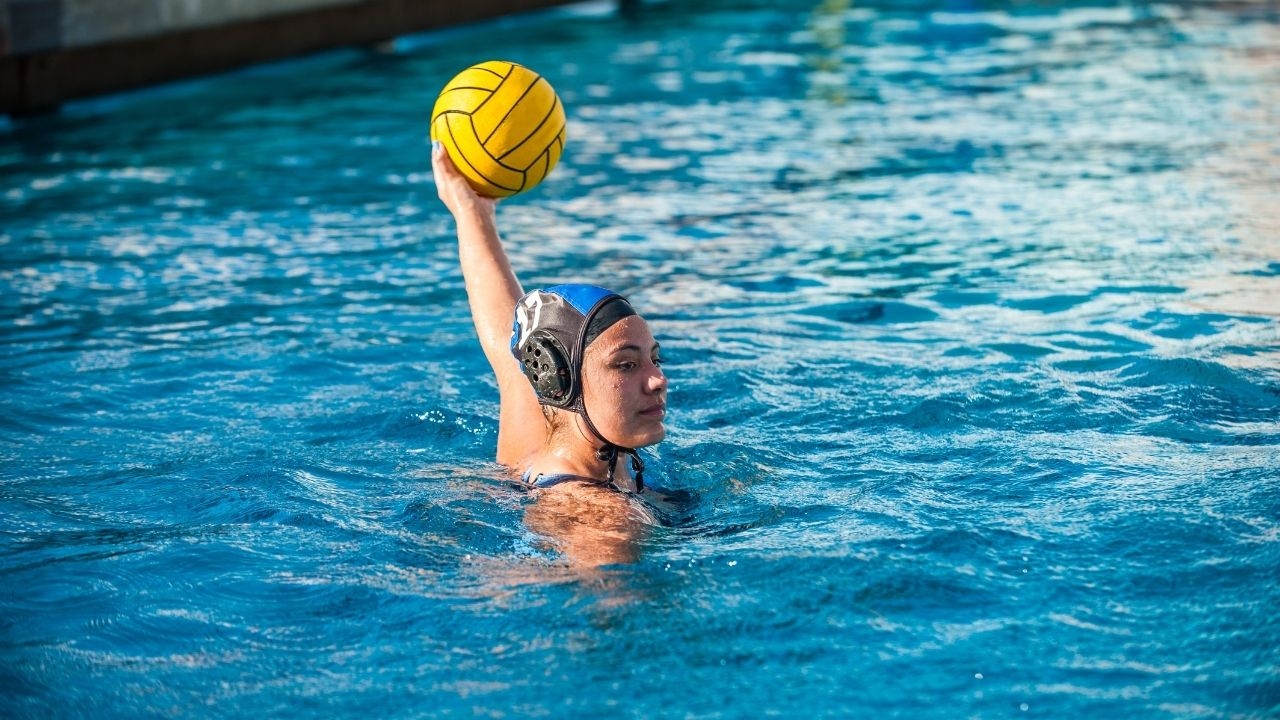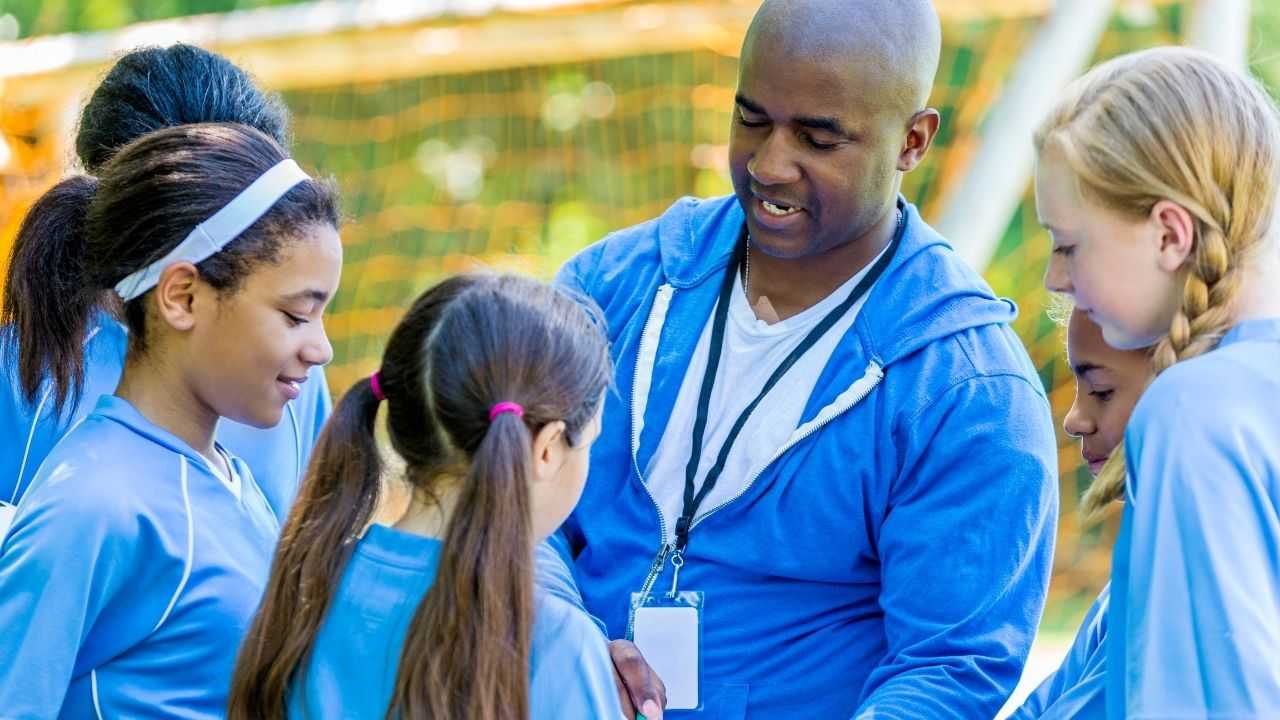How to Reach the Reluctant Player
Three tips for engaging a young athlete who isn’t quite sure yet
Catherine Pearlman, PhD, LCSW
| 4 min read

Canva
When my daughter was in 6th grade we moved from New York to California, where we knew no one. She was never interested in sports but for a variety of reasons — she loved being in the water, a neighbor’s daughter played — we nudged her to give water polo a try.
I remember the first day so well. My daughter could swim just two laps and then broke down into tears in the shallow end. I felt like the worst parent for pushing it. At the end of practice, my daughter was not at all interested.
But then the coach came over and said something I will never forget: He told my daughter that being a lefty was special in water polo and that she would be an asset to the team.
I couldn’t get the coach’s words out of my head. He must have seen what we saw — a kid who barely even wanted to be in the pool. Still, he encouraged her. A month or so after she started, he invited her to play in a tournament. He put her in a game at first for about 30 seconds. She was exhausted, and I thought she might drown. But she played.
In the days, weeks and months that followed the coach showed up with such enthusiasm for my daughter. He never measured her against other players. He found a way to make her feel part of the team. For my daughter, that is really all she ever wanted.
I know that as her parents, we needed to push a bit to get her going. But the person who really made the difference in turning my reluctant player into an athlete was her coach.
Here are three ways to reach someone as hesitant as my daughter.
Find the right spot for the right player
There is truly a sport for everyone. Sometimes, it’s just a matter of matching skills, personality and interests more closely. As the coach, you cannot discourage a player. If the fit isn’t perfect, try to find the best position to help the player feel included and valued.
Come in gently
For the new and reluctant player, it may be tempting to offer lots of tips and lessons to improve play quickly. I wouldn’t recommend that. As a social worker, we don’t do any work with clients before focusing on engagement. That’s exactly all the coach should focus on — getting the player interested and engaged. Once the player is on board, coaching to improve play can commence.
Have reasonable expectations
One of the best ways my daughter’s coach kept her from ditching was by expecting just slightly more than my daughter could give at any moment. He wasn’t looking for fast growth, just improvement over the long haul.
•
It’s been seven years since that first tear-filled practice. My daughter has been given the coach’s award and been nominated by her peers to be captain twice. She’s made friends, become a leader and quite a good swimmer. It’s been one of the highlights of parenting to see my daughter blossom into the player she is today — thanks, in no small part, to a coach with a just-right approach.
Related articles
The Importance of Positive Feedback
Why Empathy Is Your Coaching Superpower
Catherine Pearlman, PhD, LCSW, is a therapist, avid youth sports parent and founder of The Family Coach.





